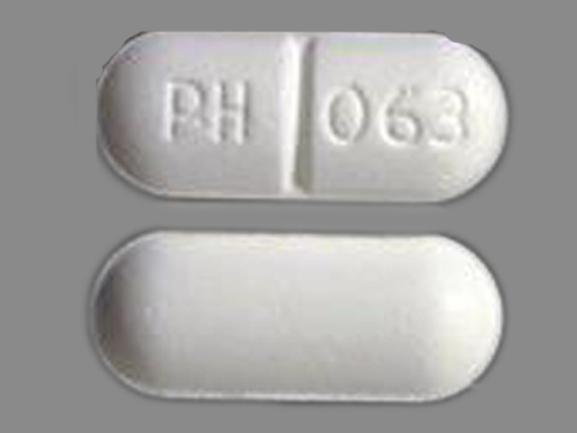Guaifenesin Patient Tips
Medically reviewed by Carmen Pope, BPharm. Last updated on Feb 13, 2024.
1. How it works
- Guaifenesin is an expectorant that increases the volume and reduces the viscosity (stickiness) of respiratory tract secretions. This makes coughing out these secretions easier.
- Guaifenesin belongs to the class of medicines known as cough expectorants.
2. Upsides
- Guaifenesin is used as an expectorant (a substance that promotes mucus secretion in the airways).
- Usually used in combination with other ingredients.
- Use to relieve chest congestion that occurs as a result of a cold, the flu, or allergies.
- Makes a cough more productive. Guaifenesin will not stop coughing; however, coughing is important as it is the body's way to remove excess mucus.
- Guaifenesin is generally well tolerated.
3. Downsides
If you are between the ages of 18 and 60, take no other medication or have no other medical conditions, side effects you are more likely to experience include:
- Nausea and vomiting are the most commonly reported side effects; constipation, dizziness, headache, and rash are reported rarely. Side effects are generally mild at low dosages.
- Do not use it in children younger than 4.
- There are no controlled or adequate studies investigating the use of guaifenesin in pregnant women. Animal studies have not been conducted. Only use if the benefits outweigh the risks. It is not known whether guaifenesin is excreted in human milk. Exercise caution and consider discontinuing nursing or discontinuing the drug.
Note: In general, seniors or children, people with certain medical conditions (such as liver or kidney problems, heart disease, diabetes, seizures) or people who take other medications are more at risk of developing a wider range of side effects. View complete list of side effects
4. Bottom Line
Guaifenesin is an expectorant that helps thin and remove mucus from the airways. It is generally well tolerated.
5. Tips
- Guaifenesin does not need to be taken with food; however, it can be taken with food if it upsets your stomach.
- Take exactly as directed by your doctor or on the label. Do not increase the dosage or take longer than is recommended. Use a properly calibrated measuring spoon to measure liquid guaifenesin dosages.
- Do not open, crush, break, or chew guaifenesin delayed-release capsules or tablets because this may cause too much of the drug to be released at once.
- Drink extra fluids while you are taking guaifenesin to help loosen congestion and lubricate the throat.
- Do not drive, operate machinery, or perform other hazardous tasks until you know how guaifenesin affects you.
- Protect guaifenesin liquid from light.
- If you are pregnant, intending to become pregnant, or breastfeeding then talk to your doctor before taking do not take guaifenesin.
6. Response and effectiveness
- Some effects of guaifenesin should be noticed within 30 minutes of taking it orally; however, up to two days of regular dosing may be needed before the full effects are seen.
- Liquid guaifenesin lasts for approximately four to six hours. Delayed-release capsules or tablets last for up to 12 hours.
7. Interactions
- Guaifenesin has no known drug interactions.
Related/similar drugs
Frequently asked questions
- Does Mucinex help you get pregnant?
- What cold medicine can you take with diabetes?
- Does Mucinex help with Covid?
- What is the dose for an adult for Robitussin DM? How many times a day?
More about guaifenesin
- Compare alternatives
- Pricing & coupons
- Reviews (306)
- Drug images
- Side effects
- Dosage information
- During pregnancy
- Support group
- Drug class: expectorants
- Breastfeeding
Patient resources
Other brands
Mucinex, Robitussin Chest Congestion, Robafen, Tussin, ... +19 more
Professional resources
Other brands
Mucinex, Mucinex Maximum Strength
Related treatment guides
References
- Guaifenesin [Package Insert]. Revised 03/2023. Silarx Pharmaceuticals, Inc https://www.drugs.com/pro/guaifenesin-nr.html
Further information
Remember, keep this and all other medicines out of the reach of children, never share your medicines with others, and use guaifenesin only for the indication prescribed.
Always consult your healthcare provider to ensure the information displayed on this page applies to your personal circumstances.
Copyright 1996-2025 Drugs.com. Revision date: February 12, 2024.

